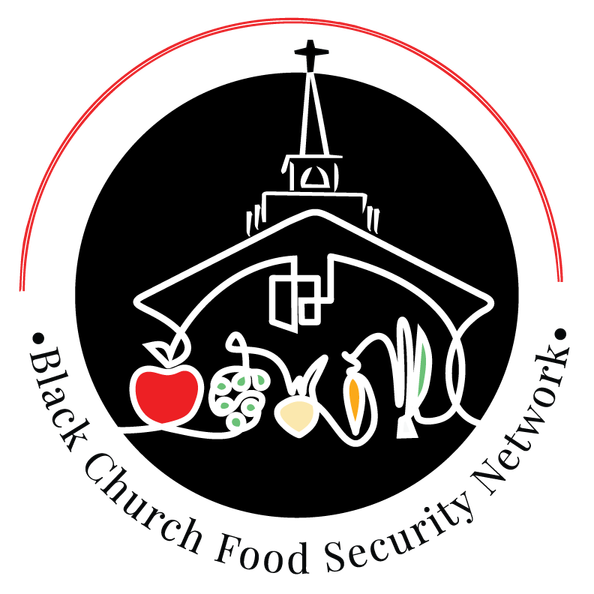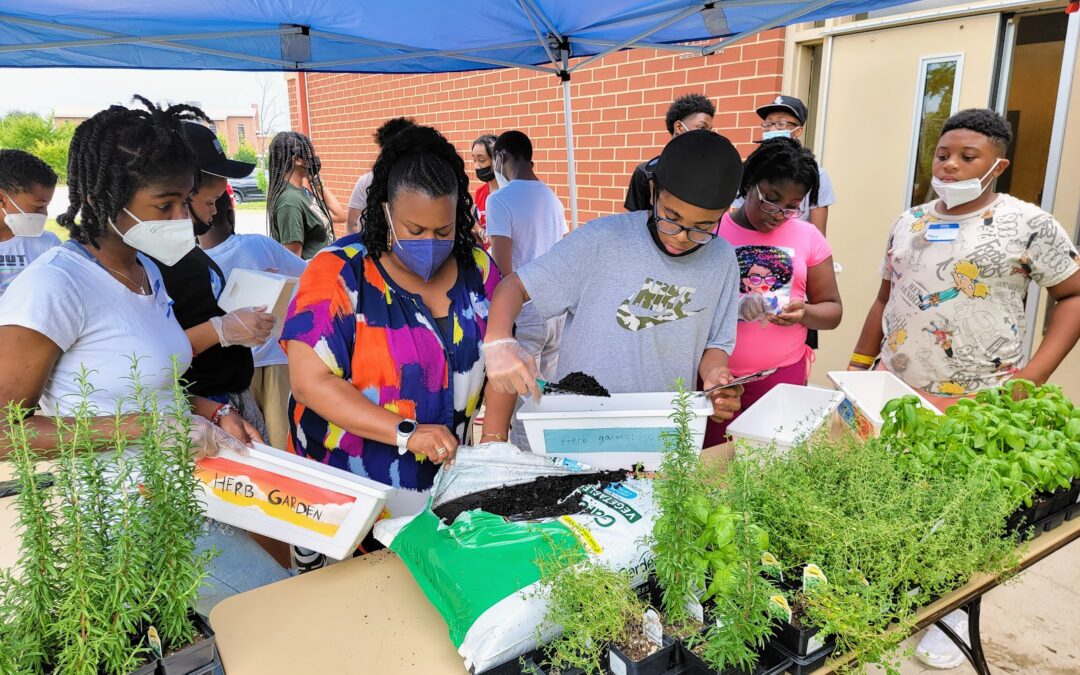More and more people are realizing that food charity only gets us so far! During the early years of the coronavirus pandemic, food outreach efforts popped up everywhere. We regularly saw long lines of people waiting for food in communities across the United States.
However, when federal funding dried up and corporate priorities shifted, many food charity initiatives had to shut down.
All the churches or community organizations that had agreed to be sites for corporate food distributions were now left wondering what would happen to those who came to their doors for help. All the volunteers that had adjusted their lives in order to prioritize “paying it forward” with the local food effort now were now disengaged from the action. All the donors who wanted their money to help move us closer to a solution to food insecurity were left scratching their heads. The farmers who were paid by government funds to redirect their produce to local communities were left to figure out their financial future.
While the food charity efforts around the United States did much good in getting food to families in need, the need outlasted the charity. The need for nutrient-rich food outlasted the charitable approach.
What would happen though if the people who were waiting in those lines for food during the pandemic turned toward one another and worked together to create a solution that came from their shared and lived experience with the tentacles of food apartheid?
What would happen if resources flowed to the places where the “people in need” already come together to meet each others needs?…like their churches?
This helps to explain why we approach the problem of food insecurity and food apartheid the way that we do. We see in our local communities that food charity models fall short every single time. They do some good, but not lasting good. Our nearly 200 member churches and family of 100 Black farmers know that there is a better way! We can grow our own food and feed ourselves with dignity. We can better honor the planet in our growing practices and radically reduce the amount of food waste that ends up in the landfills in our communities. We can build bridges of knowledge and partnership between generations and institutions.
When you invest in the work of The Black Church Food Security Network, you’re helping to create a lasting solution for food insecurity that starts with strengthening the leadership and organizing the genius of those most directly affected by the problem. Swim upstream with us and help us get to the root of the problem.

